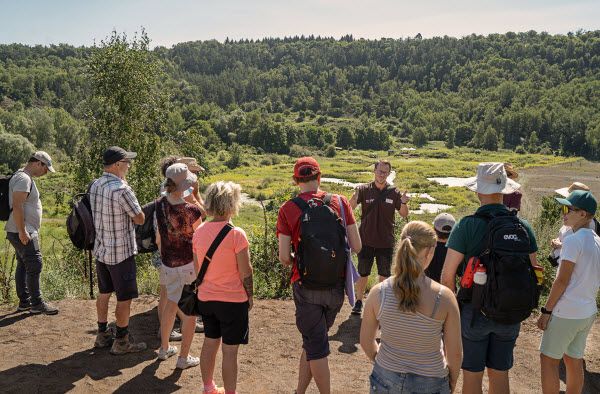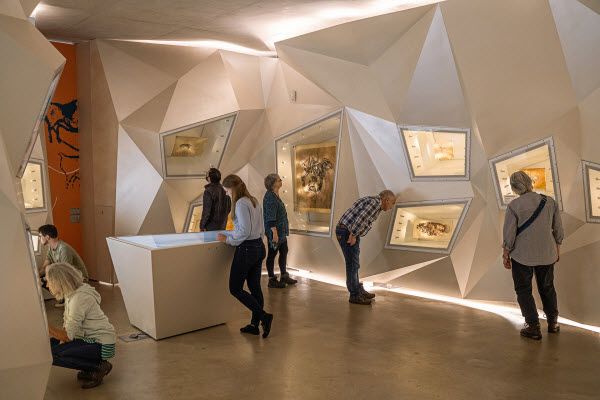EAZA Conservation Forum 2026
19-22 May 2026 (Opel-Zoo, Germany)
Join us in Kronberg!
Welcome to Opel-Zoo
Dear colleagues,
dear participants of the EAZA Conservation Forum,
dear guests,
in the year of the zoo´s 70th anniversary I am welcoming you in Kronberg. Board and staff are very excited and proud that we were chosen to host the EAZA Conservation Forum 2026.
Conservation is quite essential for the acceptance of Zoological gardens. Starting already in the late 1950´s the founder of Opel-Zoo, Dr. Georg von Opel, made an exceptional conservation effort by establishing a herd of the at that time thought to be extinct Mesopotamian Fallow deer, including the financial support of three expeditions to former Persia, today Iran, and bringing three individuals of this deer species to Kronberg. These animals developed until 2026 to a relatively stable world stock, of which a few are exhibited in our zoo.
Around 1.900 animals from more than 220 species are presented today in a unique matter, following the spirit of the zoo founder Dr. Georg von Opel, who stated already in 1956, that the animals at Opel-Zoo should be exhibited in social groups, in nature-like exhibits and, where-ever possible, without bars between visitors and animals – quite a vision for that time!
Today Opel-Zoo supports more than 10 conservation projects, not only locally or in our region, but also worldwide. You will hear from these projects during the conference. May this forum be inspiring and successful for you, but I also wish you a great time at the Opel-Zoo and here in Kronberg.
Dr. Thomas Kauffels, Director
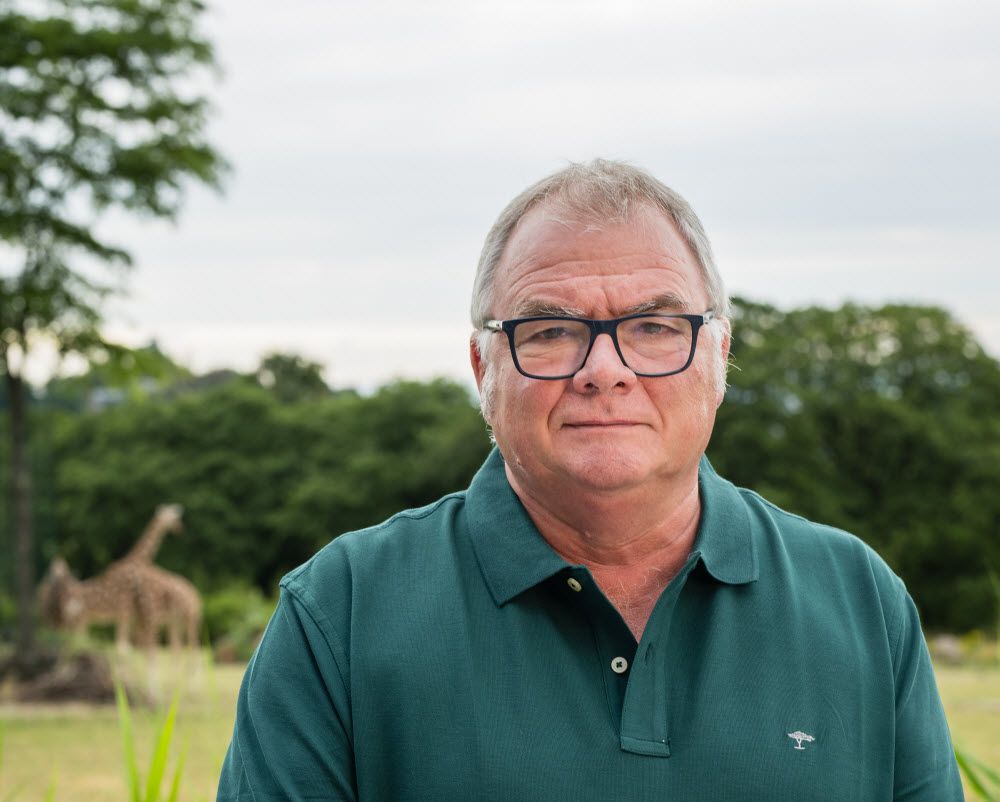
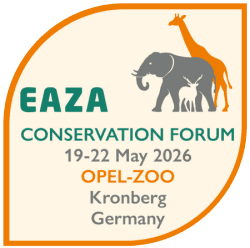
Registration is now open!
Please be aware that a German VAT number is currently not available, as soon as a VAT number has been issued it will be added to the event registration form and displayed on the invoice.
Early Bird Conference fee: €520 excl. VAT (19%) AVAILABLE UNTIL 10 APRIL
Regular Conference fee: €625 excl. VAT (19%)
Call for abstracts
During the Conservation Forum the EAZA Conservation Committee strives to create a meaningful platform where the zoo and aquarium community as well as the field conservation community can discuss and exchange experiences in conservation and continue to build bridges between the two worlds. We continue to have a specific focus on how to best deliver conservation activities of high quality and positive impact, no matter what the scale. The programme of the EAZA Conservation Forum 2026 will be partially based and formed with content coming from submitted abstracts as well as invited speakers through the EAZA Conservation Committee. We welcome abstracts for oral presentations (10 or 20 minutes), workshops or workshop elements, (panel) discussions and posters.
ABSTRACT SUBMISSION DEADLINE EXTENDED FOR THE THEME EUROPEAN (WETLAND) SPECIES UNTIL 28 FEBRUARY 2026 (END OF DAY CET)
The themes we are looking to highlight this edition are:
Theme 1 - Social science in conservation
This theme explores how social science shapes and strengthens conservation practice around the world. We invite abstracts that highlight how human dimensions — from community engagement and policy to behavioral change, governance, equity, and livelihoods — are integrated into conservation strategies and outcomes. For example:
- Research or real-life examples of how social science improved conservation outcomes.
- Examples of working together with people from different fields of expertise or culture, groups, or communities.
- Lessons you have learned about working with people, sharing power, and making conservation inclusive.
- New ways of doing conservation together with communities and sharing knowledge with everyone involved.
Theme 2 - Collaboration
This theme explores the power of partnerships — from local to global, informal to formal — that help bridge sectors, cultures, and knowledge systems for lasting conservation impact.
We invite abstracts that highlight real-world examples of collaboration in conservation, including but not limited to:
- Examples of strategies for initiating and sustaining collaborations and building partnerships with Indigenous Peoples, local communities, landowners, etc.
- Examples of how to engage with government agencies, NGOs, and the private sector.
- Collaborating with non-traditional partners such as artists, health practitioners, or businesses.
- (Experience with) Tools, platforms, funding mechanisms or policies that support collaborations in conservation.
- Examples of co-management, co-design, or participatory decision-making processes for conservation.
- Lessons learned on navigating conflicts, trust-building, power-sharing, or governance challenges in partnerships.
Theme 3 - European species conservation
This theme highlights practical ways for people and organisations to actively engage in conservation of European species, from local initiatives to cross-border efforts. We’re looking for real examples, inspiring ideas, and lessons learned that help others see where they can contribute and how to get started.
- Volunteer and citizen science programs that connect people to species monitoring and habitat protection.
- Community-led conservation efforts or local stewardship initiatives.
- (Experience with) Tools, platforms, funding mechanisms or policies that make it easier for people to contribute to conservation goals.
ABSTRACT SUBMISSION DEADLINE EXTENDED FOR THE THEME EUROPEAN (WETLAND) SPECIES UNTIL 28 FEBRUARY 2026 (END OF DAY CET)
Find out more about the abstract submission procedure here
Questions? Contact merel.zimmermann@eaza.net
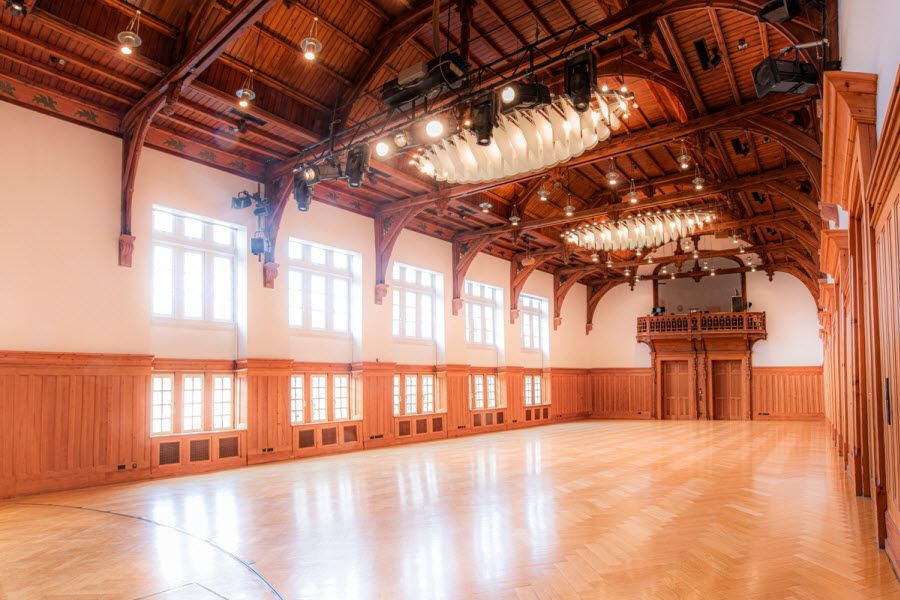

Programme
| Tuesday 19 May | Conservation Committee meeting (Closed) + Icebreaker |
| Wednesday 20 May | Conference Day 1 |
| Thursday 21 May | Conference Day 2 + Zoo visit |
| Friday 22 May | Conference Day 3 + Farewell dinner |
| Saturday 23 May | Optional excursion to the Messel pit |
More detailed programme information will follow in due course.
Conference venue
The Conference will take place just 2,5 km from Opel-Zoo at the 'Stadthalle Kronberg‘. With modern conference facilities and a historic main conference room, it is centrally located on the edge of Kronberg's old town with its pretty half-timbered buildings. It is only a few minutes' walk from the listed Kronberg hotels, see the Accommodation paragraph below, as well as the Kronberg local train station. A spacious public parking garage is situated right underneath the venue.
Venue address: Berliner Platz, Heinrich-Winter-Straße 1, 61476 Kronberg im Taunus, Germany.
Travel to Kronberg
Opel-Zoo is located amongst the forested slopes of the Taunus between the two cities Kronberg and Königstein, both with historical old cities and breathtaking views to Frankfurt and the Rhein-Main-area. Although situated in the countryside, transport connections are excellent:
- Frankfurt International Airport (FRA): 20-30 minutes by car
- Frankfurt main train station: frequent local trains directly to Kronberg (20 mins, S-Bahn S4)
- Local busses from Kronberg or Königstein to Opel-Zoo with its own bus-stop at the main entrance (10 min)
- Conference venue within 5-10 mins. walking distance from Kronberg Hotels and S4 train station
Local transport (connections & schedules): https://www.rmv.de/c/de/start/
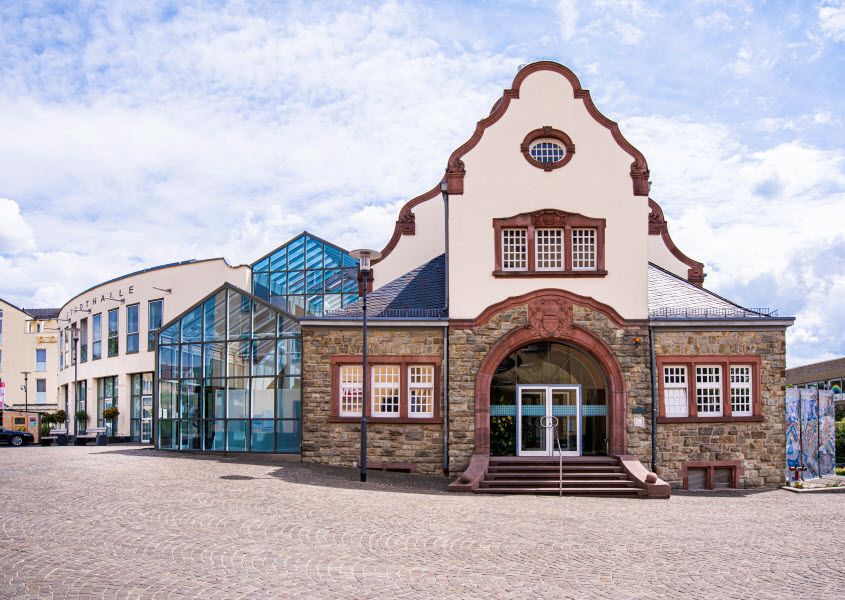
Accommodation
See below recommendations for conference hotels in close proximity (max. 10 mins walking distance) of the venue. Please note that available rooms can be limited in number. Discounted rooms are available until they are fully booked.
Availability of accommodation in Kronberg is limited but you can try Airbnb and Booking.com to explore options. In nearby Eschborn there are multiple accommodation/hotel options, the S-train from Eschborn to Kronberg is only 7 minutes.
| Hotel | Fee single room (incl. breakfast) | Fee Double room (incl. breakfast) | Booking | Expiration promo rate |
| Hotel Mercure, Eschborn** | €125 | €135 | res.mercure-rhm@hrg-hotels.com | 24-2-2026 |
| Hotel Viktoria* | €113 | n/a | viktoria@concorde-hotels.de | 31-3-2026 |
| Hotel Schützenhof* | €75 (excl. breakfast) | €110 (excl. breakfast) | Only via phone: +49-(0)6173-94110 | n/a |

Saturday excursion
Saturday, 23 May 2025: Optional post-conference excursion to Messel pit fossil site (UNESCO World Heritage Site). Participation fee: €48 (excl. 19% VAT). You can register for the excursion in the registration form. Make sure to book fast, since there are only 45 seats available.
Join us for a half day excursion to the spectacular fossils of the Messel pit!
Not even an hours‘ bus ride from Kronberg, the Messel pit fossil site is the richest site in the world for understanding the living environment of the Eocene, between 57 million and 36 million years ago. The former oil shale open-cast mine is a unique window into the past. The fossils here are so exceptionally well preserved that, in addition to bones, feathers, skin, hair and sometimes even the last bite in the stomach remain visible. Bring footwear sturdy enough for a one hour guided tour which will take us down into the pit: learn how the Messel pit and the oil shale were formed, how the rock was later used industrially and what stories the fossils can tell us. This walk will bring the 47-million-year-old world back to life!
After the tour you are free to explore the messel museum with fossils such as the famous messel primeaval horse. Learm more about the history of the pit and enjoy the unique range of Messel fossils. Particularly their faunal and floral diversity and preservation quality is outstanding. For instance, plant fossils have been found with intact flowers and fruits, or insects still showing iridescent colours. A small lunch at the museum bistro is also included in the excursion package.
Schedule:
- 9.00 Pick up at Stadthalle/ Berliner platz
- 9:30 Pick-up Eschborn Hotels
- 10:30 - 13:30 Visit of Messel pit fossil site including 1h guided tour into pit, individual visit of museum, lunch snack at bistro of museum
- 13:30 Shuttle to Frankfurt airport (FRA arrival around 14:00) and further to Frankfurt Central train station (Frankfurt Hbf, around 14:30)
